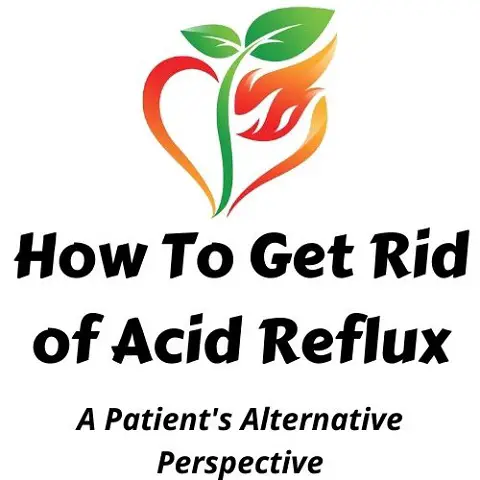Any links on this page that lead to products on Amazon and other companies may be affiliate links and we earn a commission if you make a qualifying purchase. Thanks in advance for your support!
Read on to find out if artificial sweeteners and heartburn are associated, and what you should do.
Night time reflux? Find out how to tackle it here,,,
The obesity epidemic has helped to fuel the demand for low and calorie free sugar substitutes, such as artificial sweeteners.
Defra’s Family Food Survey found that sales of regular soft drinks fell by 34.6% between 2010 and 2014, while low-calorie drinks purchases increased by 35.8%.
Artificial sweeteners include aspartame (Equal, NutraSweet) , sucralose (Splenda) , neotame, acesulfame potassium (Sunett, Sweet One) , saccharin (SugarTwin, Sweet’N Low), and advantame, all of which have been approved by the FDA as “generally safe”.
Another group of non – sugar sweeteners are the sugar alcohols. These include Erythritol, Hydrogenated starch hydrolysate, Isomalt, Lactitol, Maltitol, Mannitol, Sorbitol and Xylitol.
Can alkaline water help reflux symptoms? Find out here
Some sugar substitutes are natural, such as Agave nectar, Date sugar, Fruit Juice Concentrate, Honey, Maple syrup, and Molasses. These, however, often contain similar levels of calories as sugar.
Artificial Sweeteners and Heartburn
Generally, if you are inclined to eat sugary foods and enjoy sweet drinks, it is probably better to substitute these foods with those which contain low or no calorie sweeteners, as far as possible. This is to reduce calorie intake and avoid weight gain, which is a main contributor of heartburn and acid reflux.
Best low acid coffee brands to aid reflux, here
However, you may wish to look at a recent study in Stroke, the journal of the American Heart Association, and reported in the Guardian¹, which found an association (not a causal link) between consuming artificial sweeteners and stroke and dementia.
But what effect do these have on your digestion, and acid reflux in particular? Is there an association between artificial sweeteners and heartburn?
Well, there has been no discernable direct link discovered between consuming artificial sweeteners and acid reflux. The most relevant research was conducted in 2014 in a study in Nature².
This showed that artificial sweeteners altered gut microbes significantly, and resulted in glucose intolerence in consumers. This could translate into gut issues, including increased gas levels and acid reflux, but it’s not been proven.
We’ve written elsewhere, here, about the effects of fizzy drinks on acid reflux, and the general advice is to avoid.
All in all then, you may be advised to consume artificial sweeteners in moderation, if at all. As with many of these foods, it is probably best to try cutting them out to see if it makes a difference, and reaching for the bottled water instead.

Leave a Reply